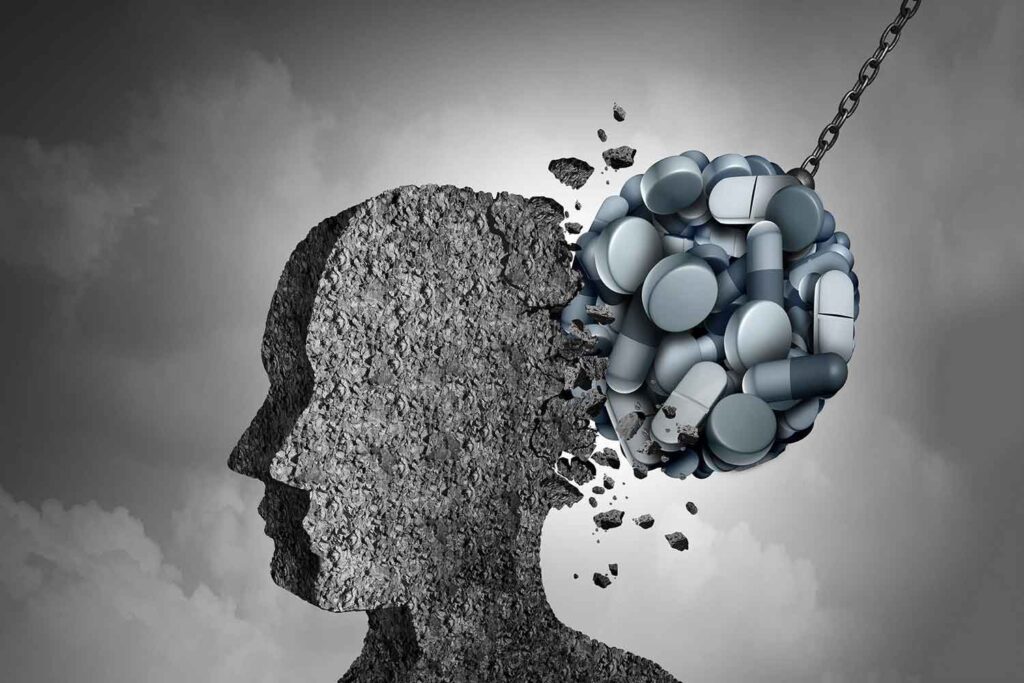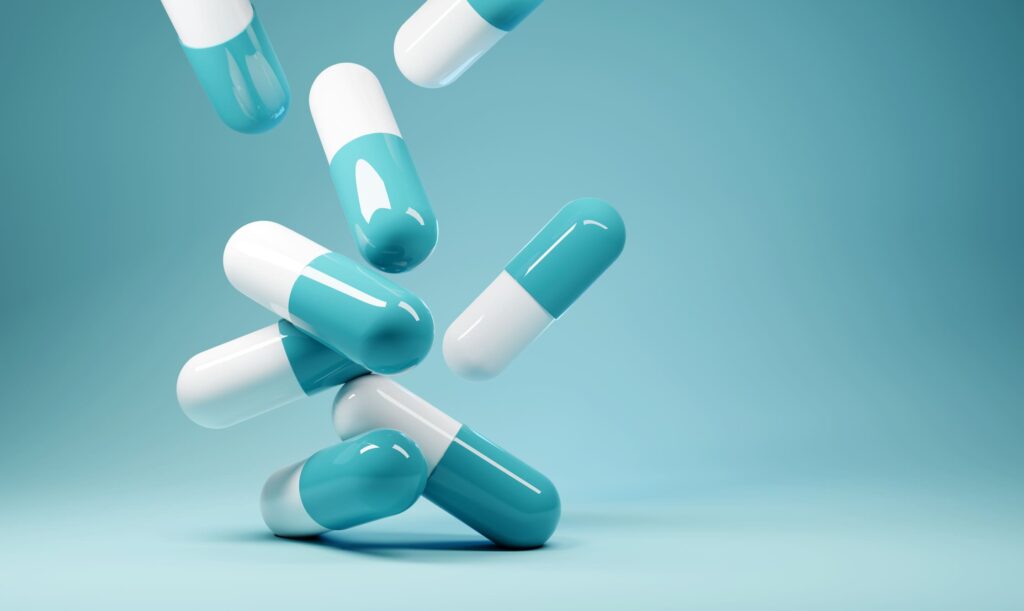Over 80% of the world’s opioid prescriptions are in the United States. Although prescribing opioid analgesics for the treatment of acute and chronic pain appears humane and generally benign, even short-term opioid use is associated with clinically significant rates of abuse and is linked with addiction. The progression of addiction varies from person to person. People can become addicted to cocaine and meth. Studies show that some people become dependent on the medicinal opioids they take for acute pain in as little as three days. Visit Specialty Care Clinics for opioid substance abuse treatment in Texas.
Opioid addiction is a type of substance abuse disorder. Although the causes are not fully understood, a variety of factors, as well as family history and environmental and lifestyle factors, may play a role in how opioids affect the human brain. Like other illnesses, opioid use disorders have specific symptoms and patterns (which tend to get worse over time) and can be controlled with treatment. Approaching substance use disorders as illnesses can help design effective treatments and reduce the stigma associated with addiction.
In the early stages of an opioid use disorder, people may take opioid drugs for their pleasure. Pleasant sensations diminish over time. A person may take opioids more frequently or in higher doses to restore euphoria or to avoid withdrawal symptoms as the condition progresses.

Regular use of opioids increases the risk of becoming addicted. The time it takes to become physically dependent differs from person to person but is usually several weeks. For most people, taking opioids for a day or two is not a problem, but some studies show that even the first dose can have physiological effects and make you vulnerable to opioid use disorder.
Treatment for opioid addiction disorder is available from healthcare professionals and can be on an outpatient basis or through programs such as rehabilitation (rehab). Treatment in any of these situations may include the use of medications such as methadone, buprenorphine, or naltrexone and support programs to help the patient recover.
Clinical treatment is rarely the sole treatment for opioid use disorders. People with substance use disorders may go to a hospital emergency department because they are in danger of physical or emotional distress. Most hospitals offer assessments to assess a patient’s primary needs before connecting the patient to treatment. Hospitals can admit people with serious medical problems in addition to opioid use disorders.

In opioid overdose, naloxone can be used for treatment in emergencies where a person has overdosed on an opioid drug and has stopped breathing or is in danger of breathing. Naloxone can flush the opioids out of the brain’s receptors and reverse an overdose, but it doesn’t fight the underlying opioid use disorder the way addiction treatment does.
Successful treatment of substance use disorders depends on the patient and the severity of the disorder. Related issues such as excessive alcohol consumption and underlying mental health conditions can complicate the recovery process.
When both a psychiatric disorder and a substance use disorder occur at the same time, therapeutic approaches that address both conditions may be needed. The person’s environment and access to supportive family and friends also play an important role. Some patients may need repeated treatments and may relapse multiple times before achieving long-term success. Practitioners can try different approaches for patients who continue to relapse.
Visit Specialty Care Clinics for opioid addiction treatment. We also provide worker’s compensation. For booking an appointment call us at (469) 545-9983.
